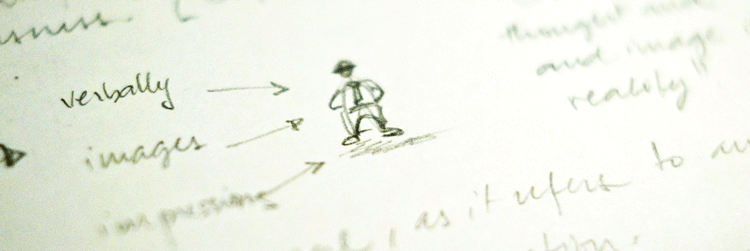
It's time. Last week I officially started my degree project in the Design Institute here in Umeå. I'll be working with maps,
an old passion that since I left home, moving here to the top of the world, have helped me keep track of the trips and
learn about the new places. These tools have become sort of personal diaries with the annotations over them, marking
where I've been and what I have done.
In this big real of cartography, I'll be especifically Mapping Experiences. The project discusses how new locative media
technologies impact the process of map making and give regular people the power to generate maps both individually
and communally through web 2.0 services. But the spaces mapped carry layers of information and meaning that are not
currently displayed in most purely geographical mapping. The project investigates the relationship between people and
space by the creation of digital annotations in space of individual or group experiences.
Technical and road maps are still instruments of knowledge, control and power. Many of the technologies that are now
available to the public have their roots in military research. Precision, accountability and reliability were always issues
in maps. This quest for precision inspired writers and philosophers in the past, notably Jorge Luis Borges with his
“On Exactitude in Science” or “On Rigor in Science” (the original Spanish-language title is “Del rigor en la ciencia”). In
the same line of though, “The map is not the territory” is a remark by Alfred Korzybski, encapsulating his view that an
abstraction derived from something, or a reaction to it, is not the thing itself.
It is very interesting then to investigate how the rational system of coordinates is used to link to irrational, emotional
aspects of life instead of cold labels or services. [read the full project description]
This first week, besides re-organizing my life at school and in the city, I have been reading and trying to understand
what is experience. I have been reading a book called "The anthropology of experience" edited by Edward M. Bruner.
Other readings have been "The image of the city" by Kevin Lynch and Songlines, by Bruce Chatwin.
One interesting insight is the difference between experience and an experience. While the former relates more to the
knowledge obtained from life, the latter means more a remarkable instant or event that people go through.
The picture below represents one strong experience I have been through in Scandinavia. The clock reads 00.00h and
the sky is still blue. Welcome to the summer at 63° N. What have been your strongest experiences related to specific
places? How would you express it ?
